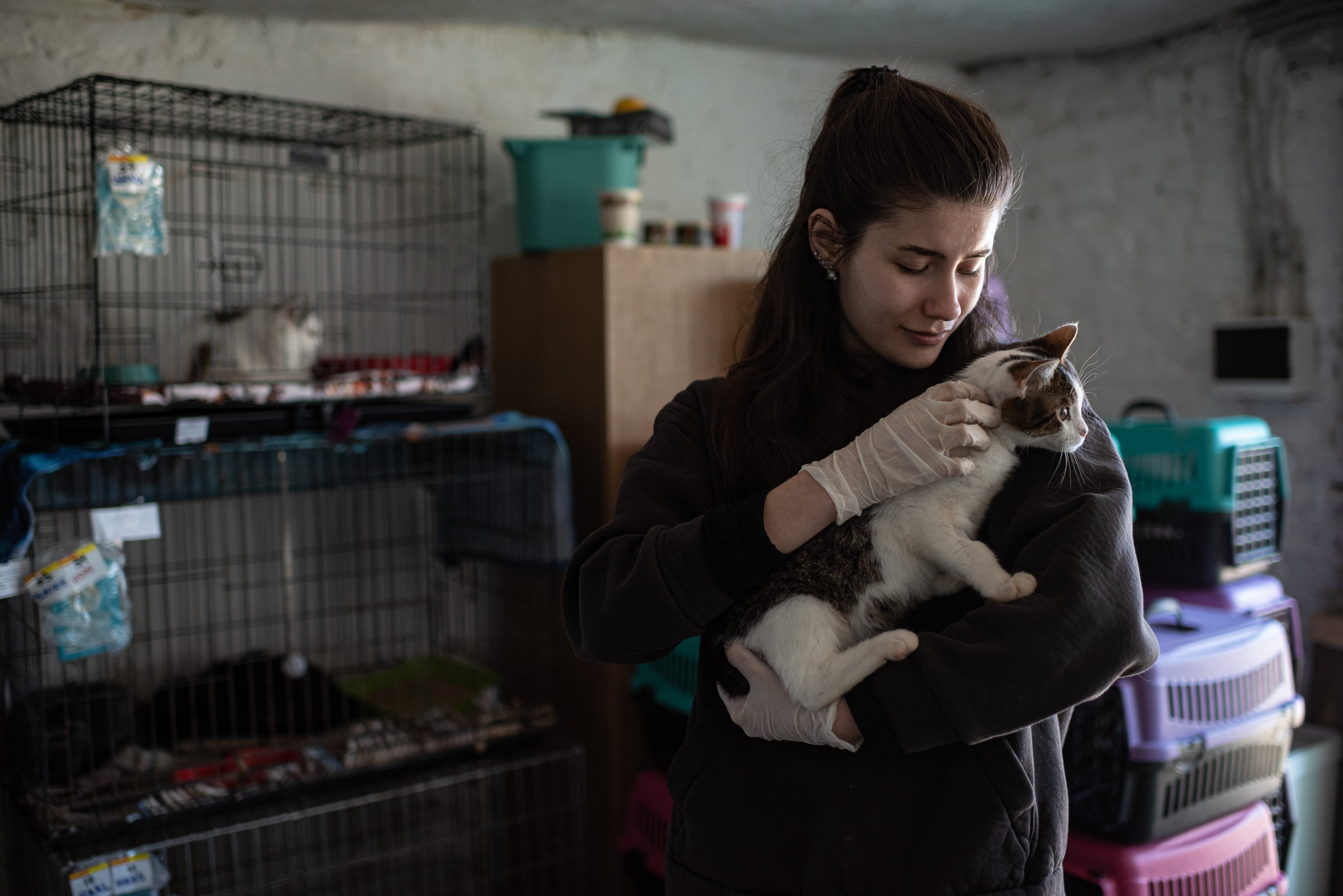Remembering the Great British Pet Massacre
Until recently the massacre had remained rarely told, as if wiped from Britain’s official history of the war, writes David Harding


One uplifting aspect of the relentless tragedy unfolding in Ukraine has been the way that many of those hurriedly fleeing and abandoning pretty much everything they own, still decide to take their pets with them.
Smuggled out in any carrier they can, there have been enduring images of cute pets poking their faces through holes in bags or rucksacks, unknowingly being saved from whatever hell awaited them if abandoned. It says something about ordinary Ukrainians’ attachment to their cats, dogs or whatever their choice of pet may be, and the comfort the animals can provide.
Sometimes though, pets have not fared so well at a time of war. In London, in just the first four days of the Second World War, an estimated 400,000 cats and dogs were voluntarily euthanised – ten times the amount of people who were to die in the Blitz across British major cities. In total, some 750,000 animals were to be killed during 1939, something which has come to be known as the “British Pet Massacre”.
The numbers are astonishing, almost unfathomable, especially in a country that designates itself as one which loves animals. It was reported that so many owners willingly took their pets to be put down at the beginning of the Second World War that animal welfare charities in the capital ran out of chloroform.
The reasons for the slaughter are interesting also. Many feared food shortages at the onset of the war so decided there would not be enough for Rover or Tiddles to go round. Pets were seen as an unjustifiable luxury. Others claimed they were sacrificing their animals out of love – that they could not imagine what would happen to their beloved pets if their owners perished.
To keep up to speed with all the latest opinions and comment sign up to our free weekly Voices Dispatches newsletter by clicking here
This might seem a brutal outlook several generations on, but many who owned pets at that time would have lived through the horrors of a world war just 20 years earlier. Advice from the government stated was forthright also: “If you cannot place them (pets) in the care of neighbours, it really is kindest to have them destroyed,” one pamphlet suggested.
Many soon came to regret their decision as the “Phony War” kicked in and campaigners urged pet-owners to stop. Until recently the massacre had remained rarely told, as if wiped from Britain’s official history of the war.
As historian Hilda Kean told the BBC: “People don’t like to remember that at the first sign of war, we went out to kill the pussycat.”
Yours,
David Harding
International Editor
Join our commenting forum
Join thought-provoking conversations, follow other Independent readers and see their replies
Comments
Bookmark popover
Removed from bookmarks